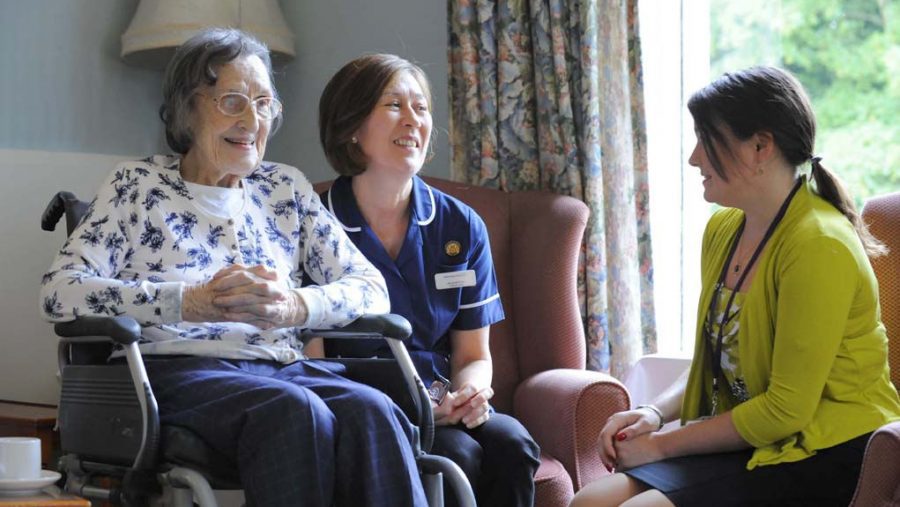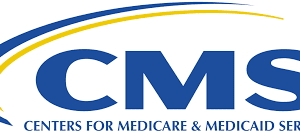
Reverse Mortgages: What are they and how can they be used in long-term planning?
June 28, 2018Planning for Alzheimer’s Disease
August 13, 2018Many families intend to keep elderly loved ones out of a long-term care facility for as long as possible. To do so, children and other relatives often provide care to the elderly person at home. A question we frequently get from our clients and their families is: “Can my loved one pay me to provide care?”
This question can be difficult to answer, and the answer may be different in every situation.
The main concern about paying a family member or close friend to provide care is the potential penalty on future Medicaid benefits. If, within the five years prior to the filing of a Medicaid application, the individual gave away funds or other assets for less than fair market value, Medicaid presumes that the transfer was a gift made for the purpose of reducing assets to qualify for Medicaid. (See more information in this post about the Five-year Lookback Period.)
This presumption is rebuttable by the individual or the individual’s representative. Especially when money is transferred to family members, the presumption can be difficult to overcome. Many caseworkers will see caring for an elderly parent as a child’s duty, not something to be compensated.
In the context of paying a family member to provide care, it is extremely important to keep a paper trail and do as much research as possible.
We advise our clients to research the going rate for similar care. For example, if an in-home care company charges $20 per hour, what types of services will be provided? Most likely, services to grocery shop and clean the house are compensated at a lower rate than administering medications or providing more skilled nursing services.
It is also a good idea to implement a written caregiver contract. The contract should be as explicit as possible in outlining the services to be provided and the rates to be paid.
If an elderly family member will live with the caregiver, adding a rent component to the caregiver contract can be an option. Again, researching fair market values for rent, utilities, groceries, etc. is important, as is detailing each expense within the contract.
The written contract should be signed BEFORE paid services are provided. Medicaid is unlikely to see a contract signed in 2018 as proof that payments made in 2017 were not gifts.
In addition to the written contract, maintaining written records is a good idea. Logging the number of hours and actual services provided becomes an important tool in rebutting the presumption of an improper transfer.
Sometimes, utilizing a payroll company can help prove the legitimacy of the care services provided. Paychex, ADP, and Paycor are companies that administer payroll for businesses of varying sizes. They can withhold the appropriate amounts for federal, state, and local taxes. While some family members dislike the idea of claiming the income for tax purposes, it is additional proof for Medicaid purposes that the payments were not gifts.
If family members comply with these types of documentation and evidence, there is a better chance that the presumption of a gift and improper transfer can be overcome. While there is no guarantee, the more detail you have, the better.
Families get into trouble when they try to find ways to reduce the elderly person’s assets and generally start taking money as “payment for services.”
Here is a case example out of New Jersey, where the transfer rules are similar to Ohio. In this case, the daughter moved her mother into her home to help care for her. The daughter cared for her mother for a few years, and even quit working to have enough time to provide care. Soon before the mother went into a nursing home, the daughter suddenly began taking payment for the services she was providing. She had no written contract and kept no log of services provided. Without the log of provided services, there was no way to establish that the rate paid was fair market value.
It is important to address these issues early. If you intend to care for a loved one and Medicaid may be a possibility in the future, plan at the beginning. Seek counsel from an attorney well-versed in Medicaid law and do as much as you can to protect yourself and your loved one’s future care and well-being.


